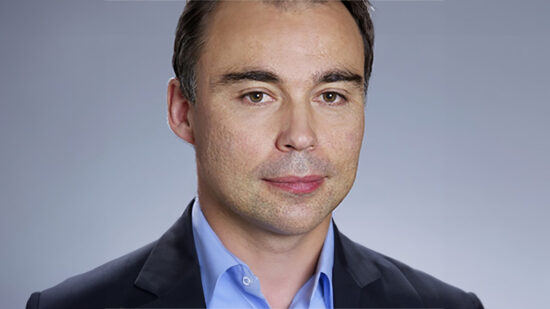Sharia-compliant products including pension funds and insurance products are based on religious guidelines such as bans on alcohol and gambling, similar to socially responsible funds in western countries.
Speaking at a conference in London on Monday, Amat Taap Manshor, chief of the Financial Accreditation Agency (FAA), an industry standards body, told International Adviser that Malaysia’s takaful insurers are looking at entering European markets, such as the UK and Germany, to sell products to their growing Muslim populations.
Takaful is an Islamic insurance system that complies with sharia law including bans on interest and pure monetary speculation, in which money is pooled by all policyholders and then invested.
“It may not happen right away but a lot of Islamic insurers are looking to target the Muslim middle classes in the UK, Germany and France,” said Manshor.
Although Islamic finance has been popular in Asia and the Middle East for decades, added Manshor, “what’s different now is very much an acceptance in the wider market such as Europe and the US of Islamic finance as a concept”.
Demand for talent
Head of Malaysia’s financial services professional body, Manshor made the comments during the signing of a memorandum of collaboration between the FAA and the British accreditation council (BAC). The partnership hopes to offer financial services professional globally accredited courses in Islamic finance.
“Malaysia has pledged a strong commitment to the development of talent. It’s very critical to have good talent that supports the growth of Islamic finance,” explained Manshor.
The main factor driving advisers to take courses in Islamic finance is demand for skilled professionals, he added.
The FAA estimates that the industry worldwide needs up to 50,000 financial service professionals, with Malaysia alone facing a skills shortage of over 20,000. In Dubai, they are looking at a similar shortage of skilled professionals, predicts Manshor.
Kevin Moore, global director of business development for UK-based professional body the Chartered Institute of Securities and Investments (Cisi), said he has a seen a rising number of professionals such as lawyers and tax advisers taking courses in Islamic finance to help an increasing mobile client base.
“More and more professionals working in London come across clients requesting these products or want to be ahead of the demand and end up taking these course to brush up on basic knowledge,” he said.
Foreign investment
In May, Zurich Insurance signed a deal to buy Malaysia’s MAA Takaful for $134.6m (£92.7m, €117m), giving Europe’s fifth biggest insurer a foothold in the world’s second largest Islamic insurance market.
“In Malaysia’s Islamic insurance industry we have been recording double-digit growth – often 20- 24% – for the past ten years,” explained Manshor.
In recent years, Malaysia’s government has also opened up the market to foreign players looking to capitalise on this growth, he added.
Another area seeing a flood of interest from foreign investors is pension funds underpinned by Islamic finance.
Close to a fifth of total assets under management in Malaysia are now managed this way, with data from the Securities Commission suggesting that in December 2015, the country’s fund management companies held MYR132.4bn ($32.8bn, £25bn, €29bn) worth of Islamic assets, up 19.7% from the previous year.
Earlier this month, Malaysia’s government introduced the country’s first sharia-compliant pension plan, the Employees Provident Fund’s (EPF), with plans to launch a MYR100bn Islamic fund of the back of it in January.
Despite making up just 15% of EPF’s total investments of MYR681.7bn, a pension fund of this size is still considered rare in Islamic finance.
When launched, Manshor predicts it will attract foreign asset management firms.








